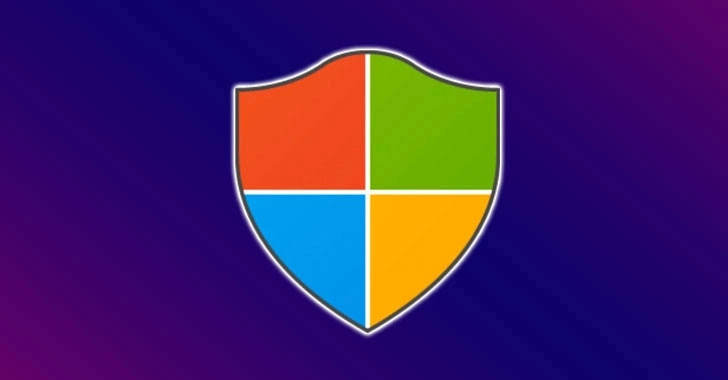A day after Apple and Google rolled out urgent security updates, Microsoft has pushed software fixes as part of its monthly Patch Tuesday release cycle to plug 66 security holes affecting Windows and other components such as Azure, Office, BitLocker, and Visual Studio, including an actively exploited zero-day in its MSHTML Platform that came to light last week.
Of the 66 flaws, three are rated Critical, 62 are rated Important, and one is rated Moderate in severity. This is aside from the 20 vulnerabilities in the Chromium-based Microsoft Edge browser that the company addressed since the start of the month.
The most important of the updates concerns a patch for CVE-2021-40444 (CVSS score: 8.8), an actively exploited remote code execution vulnerability in MSHTML that leverages malware-laced Microsoft Office documents, with EXPMON researchers noting "the exploit uses logical flaws so the exploitation is perfectly reliable."
Also addressed is a publicly disclosed, but not actively exploited, zero-day flaw in Windows DNS. Designated as CVE-2021-36968, the elevation of privilege vulnerability is rated 7.8 in severity.
Other flaws of note resolved by Microsoft involve a number of remote code execution bugs in Open Management Infrastructure (CVE-2021-38647), Windows WLAN AutoConfig Service (CVE-2021-36965), Office (CVE-2021-38659), Visual Studio (CVE-2021-36952), and Word (CVE-2021-38656) as well as a memory corruption flaw in Windows Scripting Engine (CVE-2021-26435)
What's more, the Windows maker has rectified three privilege escalation flaws newly uncovered in its Print Spooler service (CVE-2021-38667, CVE-2021-38671, and CVE-2021-40447), while CVE-2021-36975 and CVE-2021-38639 (CVSS scores: 7.8), both of which relate to an elevation of privilege vulnerabilities in Win32k, are listed as 'exploitation more likely,' making it imperative that users move quickly to apply the security updates.
Software Patches From Other Vendors
Besides Microsoft, patches have also been released by a number of other vendors to address several vulnerabilities, including -
Adobe Android Apple Cisco Citrix Linux distributions Oracle Linux, Red Hat, and SUSE SAP Schneider Electric, and SiemensFound this article interesting? Follow THN on Facebook, Twitter and LinkedIn to read more exclusive content we post.
.png)
 3 years ago
405
3 years ago
405 















 Bengali (Bangladesh) ·
Bengali (Bangladesh) ·  English (United States) ·
English (United States) ·